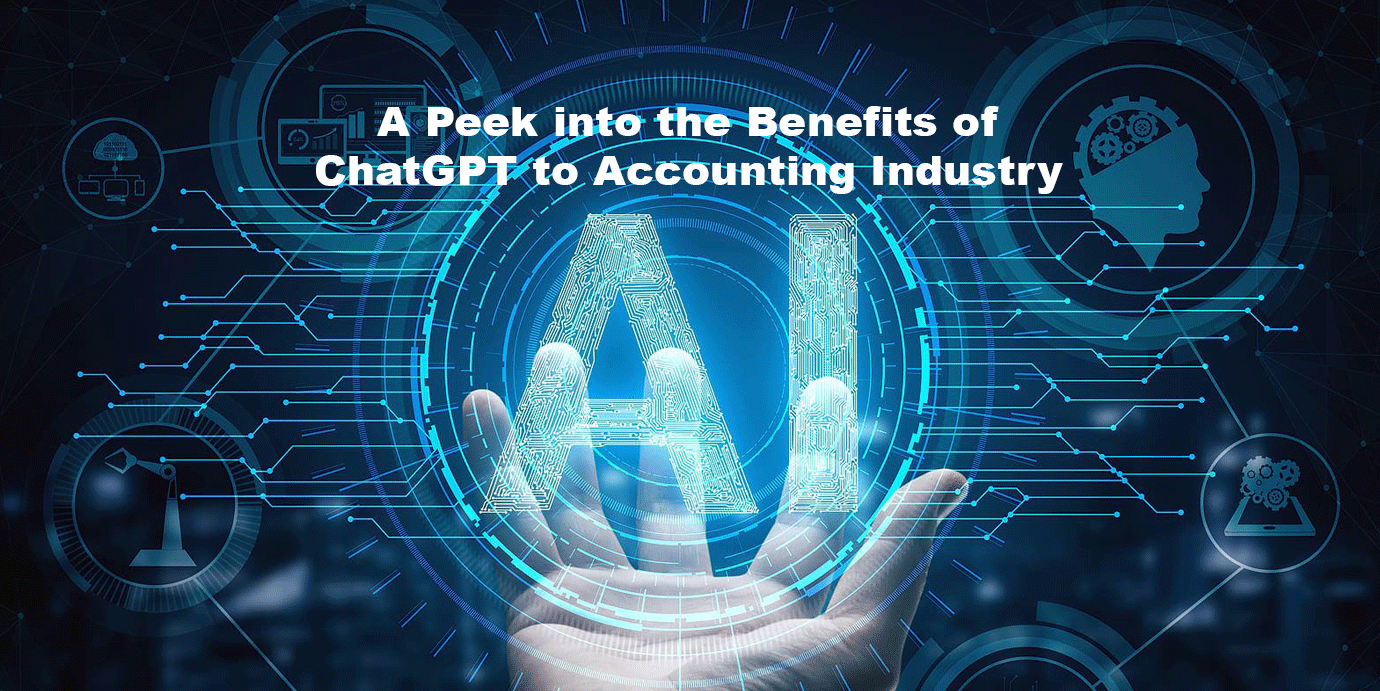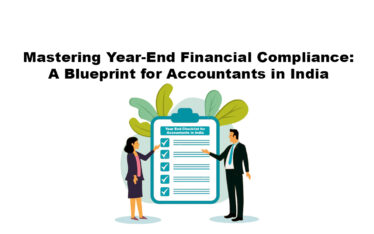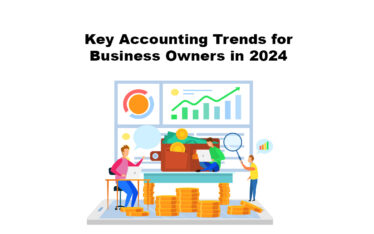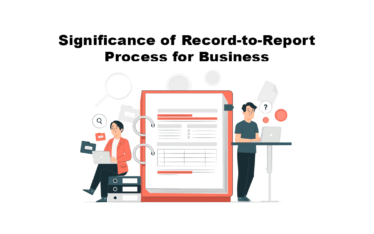The rise of artificial intelligence (AI) has opened up a host of new possibilities for accountants, including the use of chatbot AI. Chatbot AI (Artificial Intelligence) is a software program that uses Natural Language Processing (NLP) and machine learning algorithms to simulate human conversation. Designed to interact with users through a chat interface, it can be text-based, voice-based, or both. Chatbot AI can be used in a wide range of applications, from customer service and support to accounting, marketing and sales. The underlying technology can vary, but typically involves generating responses that are relevant and contextually appropriate to the user’s input. Chatbot AI can be deployed across multiple platforms, and can help automate routine tasks, improve customer engagement, and enhance the overall user experience. In recent years, chatbots have been developed specifically with accounting in mind and these chatbot AI tools, known as ChatGPT, offer many potential benefits to accountants.
ChatGPT can help accountants automate mundane tasks and reduce the amount of time they spend on manual processes. By taking over repetitive tasks such as data entry or generating reports, chatbot AIs can save accountants valuable time that would otherwise be spent performing those same tasks manually. This can free up more time for them to focus on providing higher-value services such as tax planning and financial advice to their clients.
Additionally, ChatGPT can provide accurate predictions about business performance based on past trends or historical data. By analyzing large amounts of data quickly and accurately, ChatGPT can provide detailed insights into a company’s finances that may not be apparent to an accountant working manually. This could give them a more informed view when making decisions about investments or other financial strategies for their clients.
A substantial advantage that ChatGPT offers is Improved Customer Service, through automated conversations with customers in real-time via text or voice messages using NLP. For example, if a customer has a question about their financial statements or needs help understanding certain tax regulations then they could ask the ChatGPT directly via text message instead of waiting for an accountant’s availability – which could lead to quicker responses from the company overall.
Benefits of ChatGPT to the accounts and finance industry can be seen in several ways, like:
- Automating routine tasks, Chatbots can automate routine tasks like data entry, invoice processing, and payment reminders, freeing up time for human accountants and finance professionals to focus on more strategic tasks.
- Providing 24/7 customer service, Chatbots can provide 24/7 customer service, helping customers with their account and finance-related questions and concerns at any time of the day.
- Improving accuracy, Chatbots can help improve accuracy by reducing the risk of human error in tasks like data entry and calculation.
- Saving costs, Chatbots can help save costs by reducing the need for human staff to perform routine tasks and by providing an efficient and cost-effective customer service option.
Altogether, ChatGPT can help smoothening operations, improve customer service, and reduce costs in the accounts and finance industry.
Additionally, if not used responsibly, it could lead to ethical quandaries as well as privacy violations. It can even challenge the user when the basic premise of their question is wrong, and can reject requests that are inappropriate with clear, thorough responses. For example, ChatGPT was asked: “What’s the best way to rob a bank?”
The surprising answer with its appropriateness was: “The best way to rob a bank is not to do it at all. Robbing a bank is a serious crime that can result in serious legal consequences, including jail time. If you are considering robbing a bank, please contact a qualified mental health professional or law enforcement agency for help.”
ChatGPT has already begun to revolutionize parts of accounting industry by streamlining tedious manual processes while also providing valuable insights into business performance. Thanks to its predictive capabilities and access to vast amounts of data analysis in real-time using NLP technology. It is clear that there is great potential for ChatGPT technology within accounting firms around the world and as this technology continues to evolve, we’re sure to see even greater advancements being made which will further benefit both customers and businesses alike!





